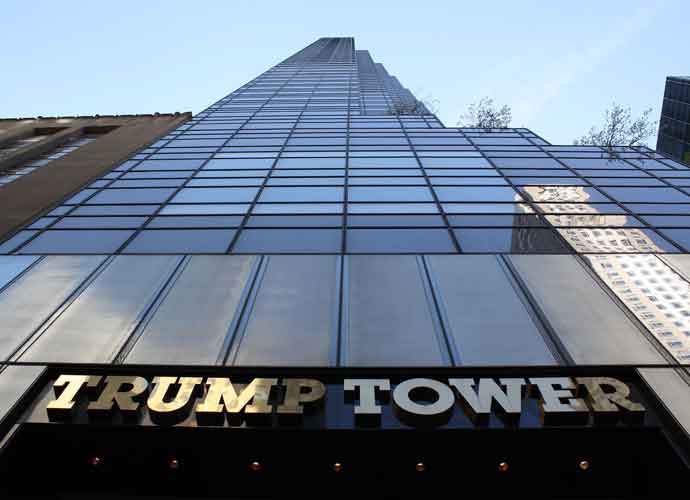$2 Trillion Stimulus Package Bars Trump Businesses & Members Of Congress From Receiving Any Benefits
The $500 billion relief fund for corporations affected by the coronavirus pandemic includes an inspector general and oversight committee.
The $2 trillion Senate stimulus bill, which was passed late Wednesday night, initially drew criticism from House Democrats who believed the $500 billion would serve as a “slush fund” for companies.
Of the $500 billion, $75 billion would support businesses directly impacted by the pandemic, like airlines and hotels.
“We’re gonna give $500 billion in basically a slush fund to help industries controlled by Mnuchin with very little transparency? Is that what we ought to be doing?” asked Sen. Mazie Hirono (D-Hawaii).
Subscribe to our free weekly newsletter!
A week of political news in your in-box.
We find the news you need to know, so you don't have to.
Sen. Elizabeth Warren (D-Massachusetts) echoed those concerns saying, “We’re not here to create a slush fund for Donald Trump and his family, or a slush fund for the Treasury Department to be able to hand out to their friends.”
The bill in its current form includes wording that would exclude any of President Donald Trump‘s or his relative’s businesses from receiving money from the fund.
CORONAVIRUS FAQ: WIKI OF MOST FREQUENTLY ASKED QUESTIONS
Democrats fought for, and won, additional oversight measures for this section of the bill, including the immediate release of the names of companies receiving aid, a Congressionally chosen board, and the inspector general.
The senior administration official said the inspector general will also be confirmed by the Senate.
The bill will also provide $1,200 checks for taxpayers with incomes up to $75,000 and $500 for each child a family has. Unemployment benefits are vastly expanded for four months as well, to include furloughed workers, freelancers, and gig-economy workers like Uber drivers.
Also included in the bill is:
- Over $367 billion in loans to small businesses
- $100 billion to help hospitals and doctors fight the virus
- Nearly $20 billion to purchase medical equipment
- $150 billion in funding for state and local governments who have lost tax revenues as a result of the economic slowdown
The House is planning to vote on the bill Friday.
Get the most-revealing celebrity conversations with the uInterview podcast!






Leave a comment